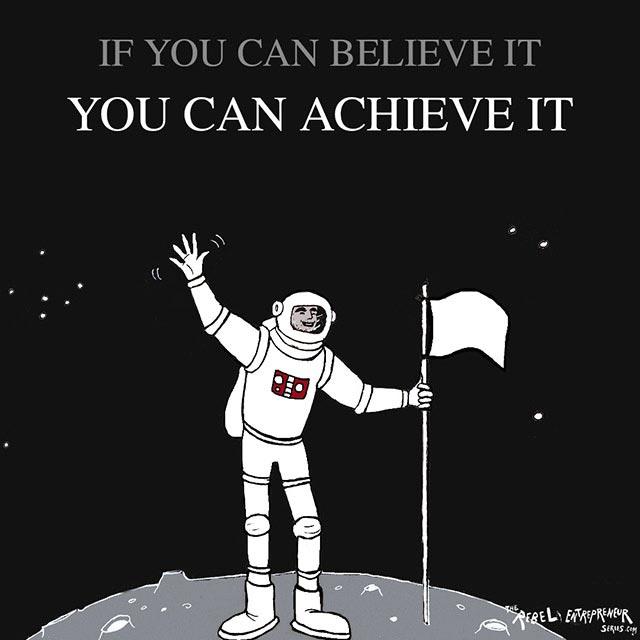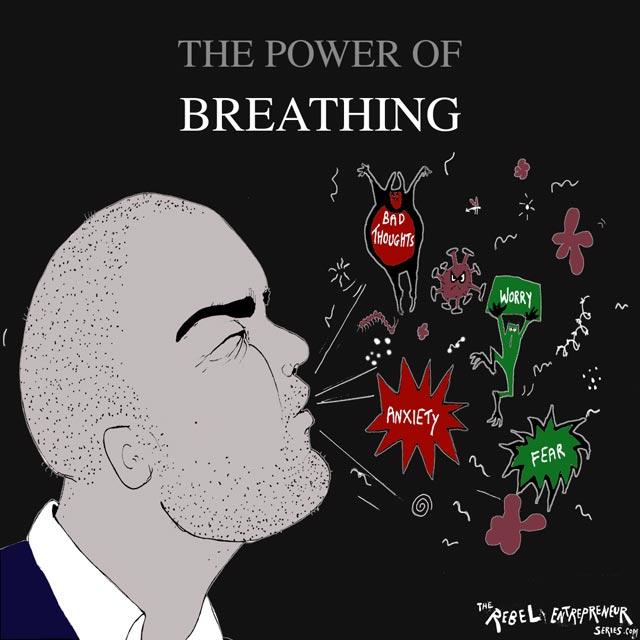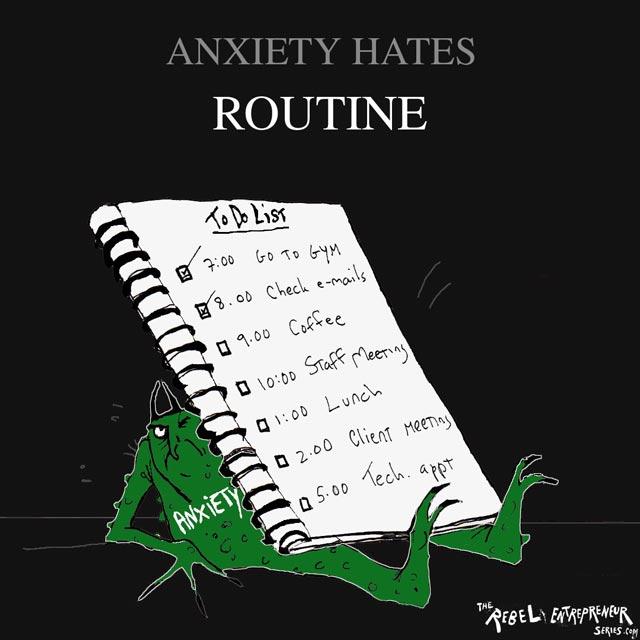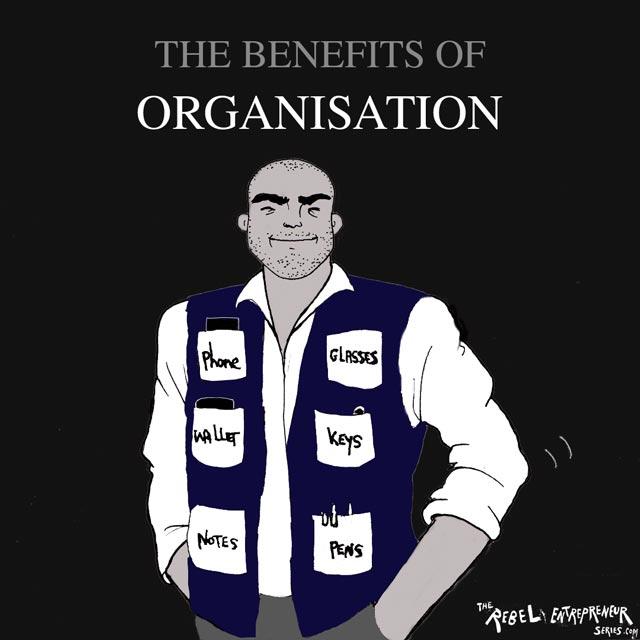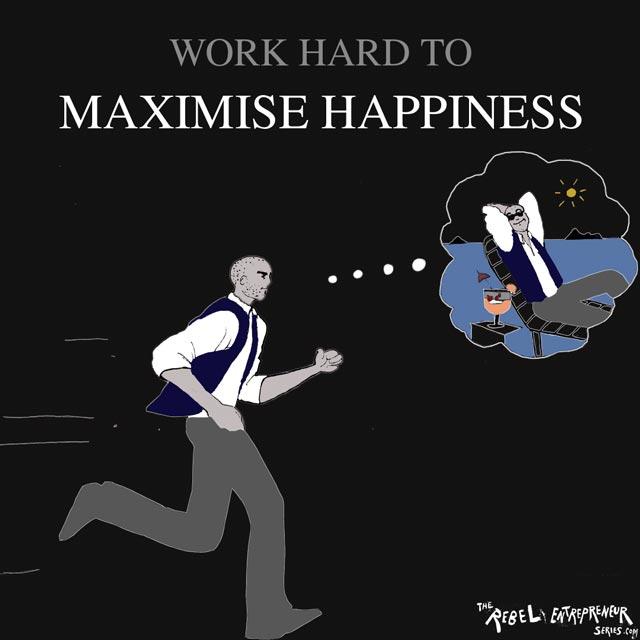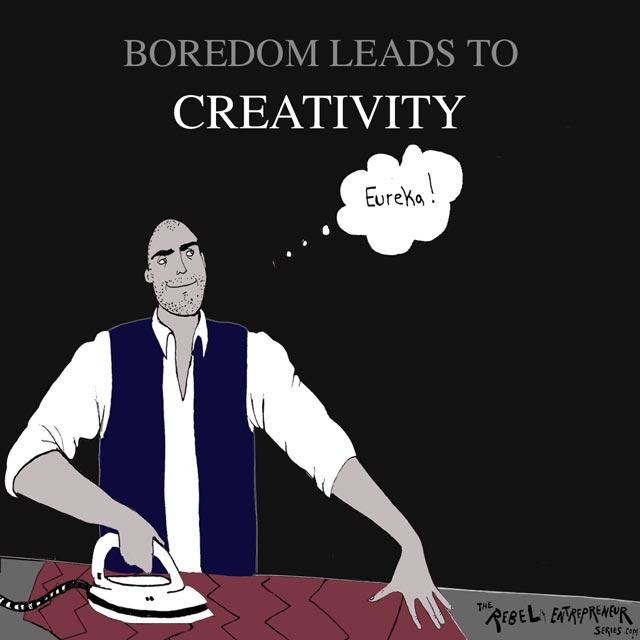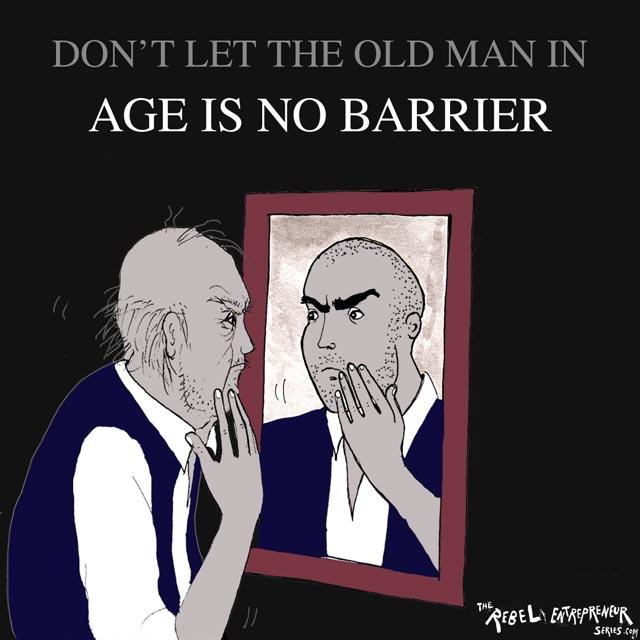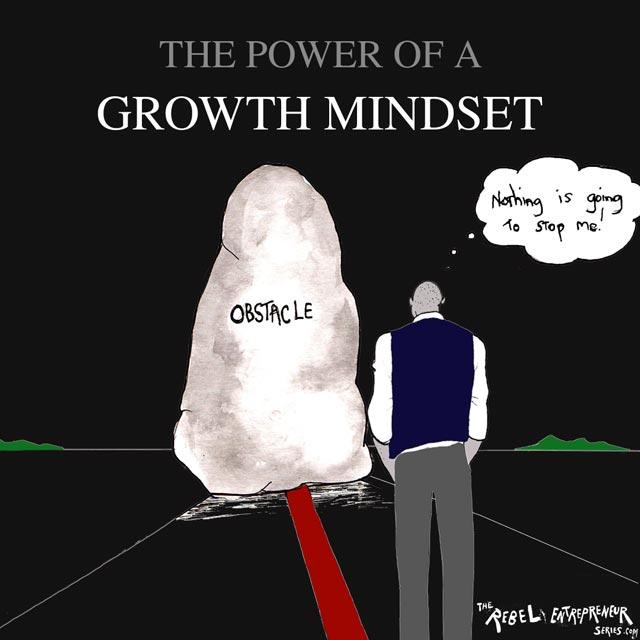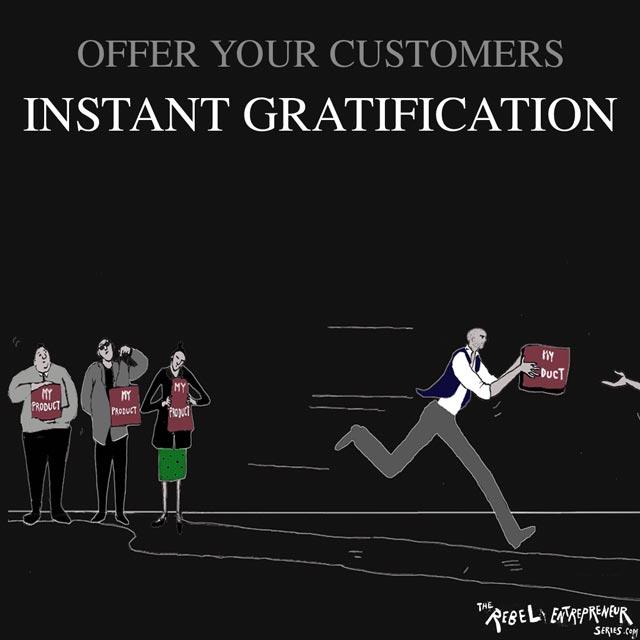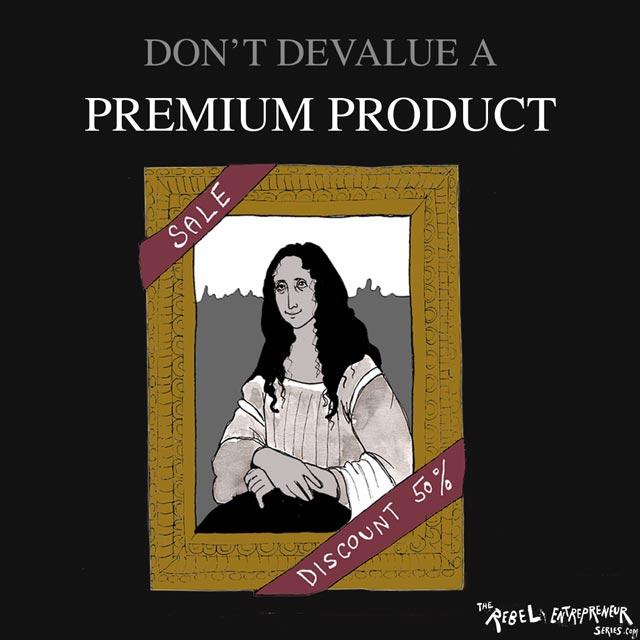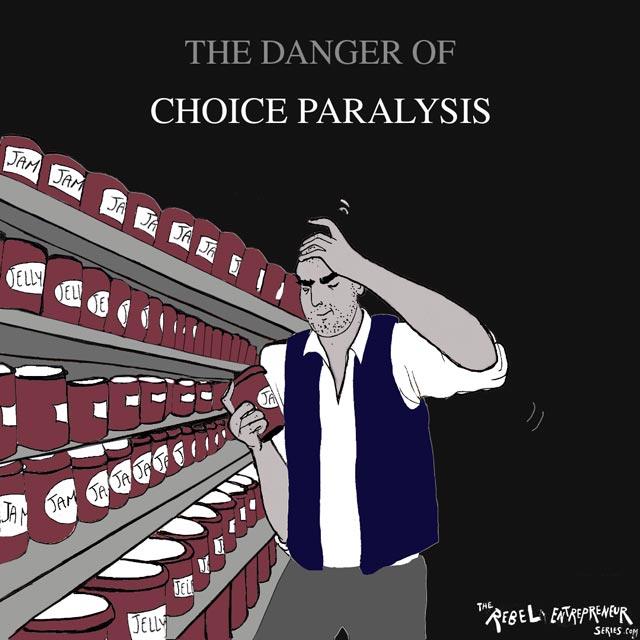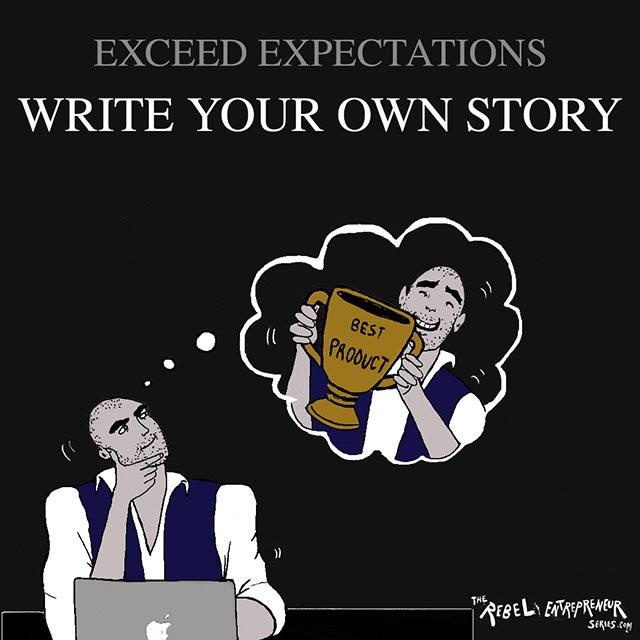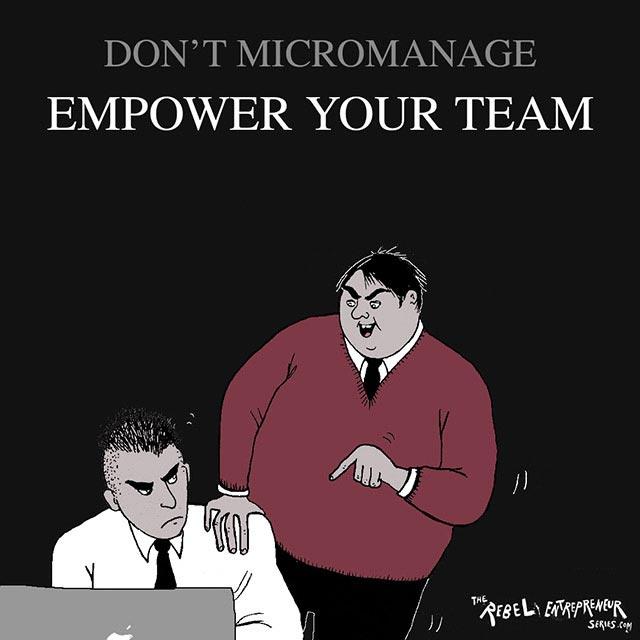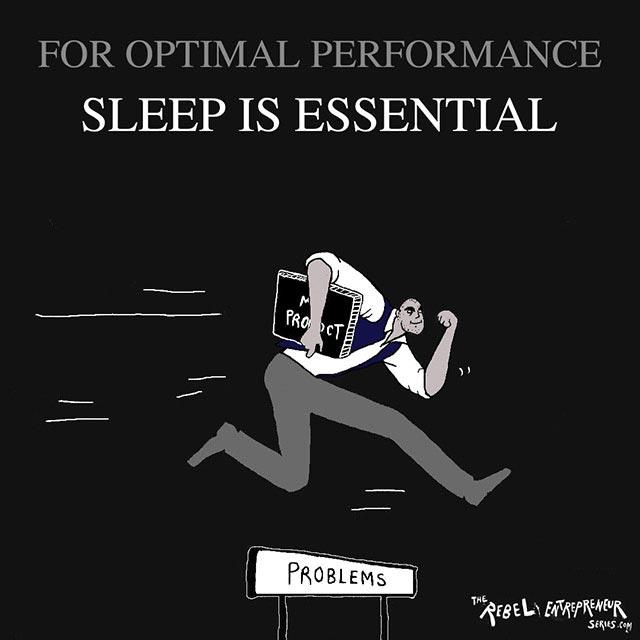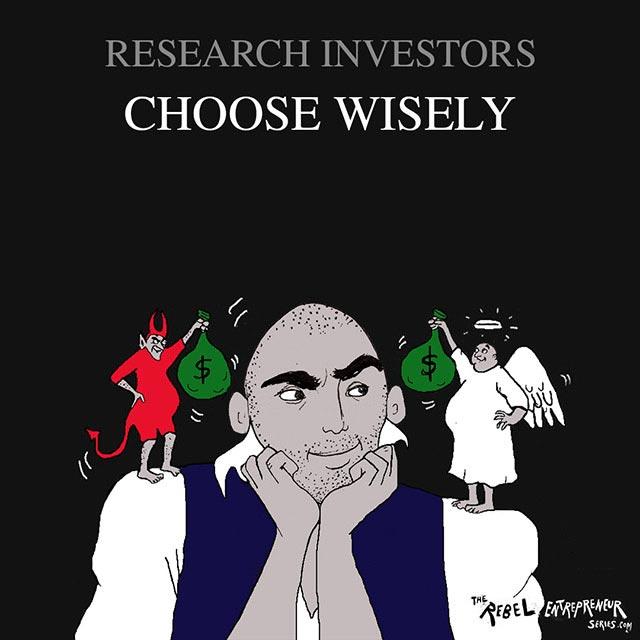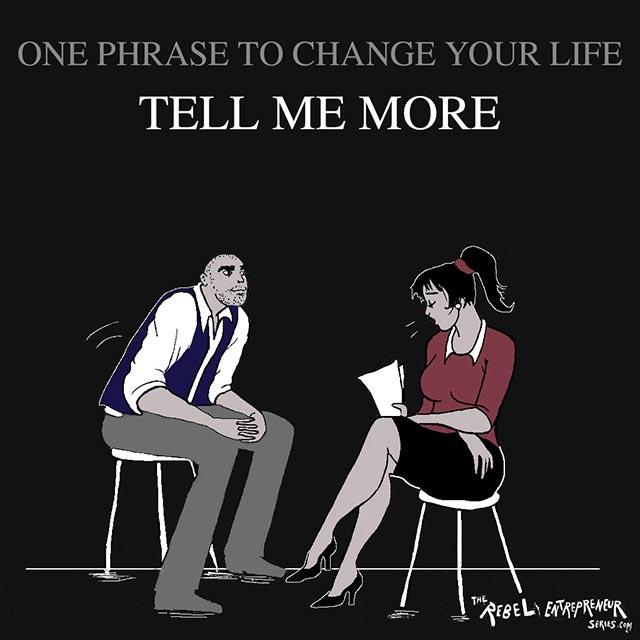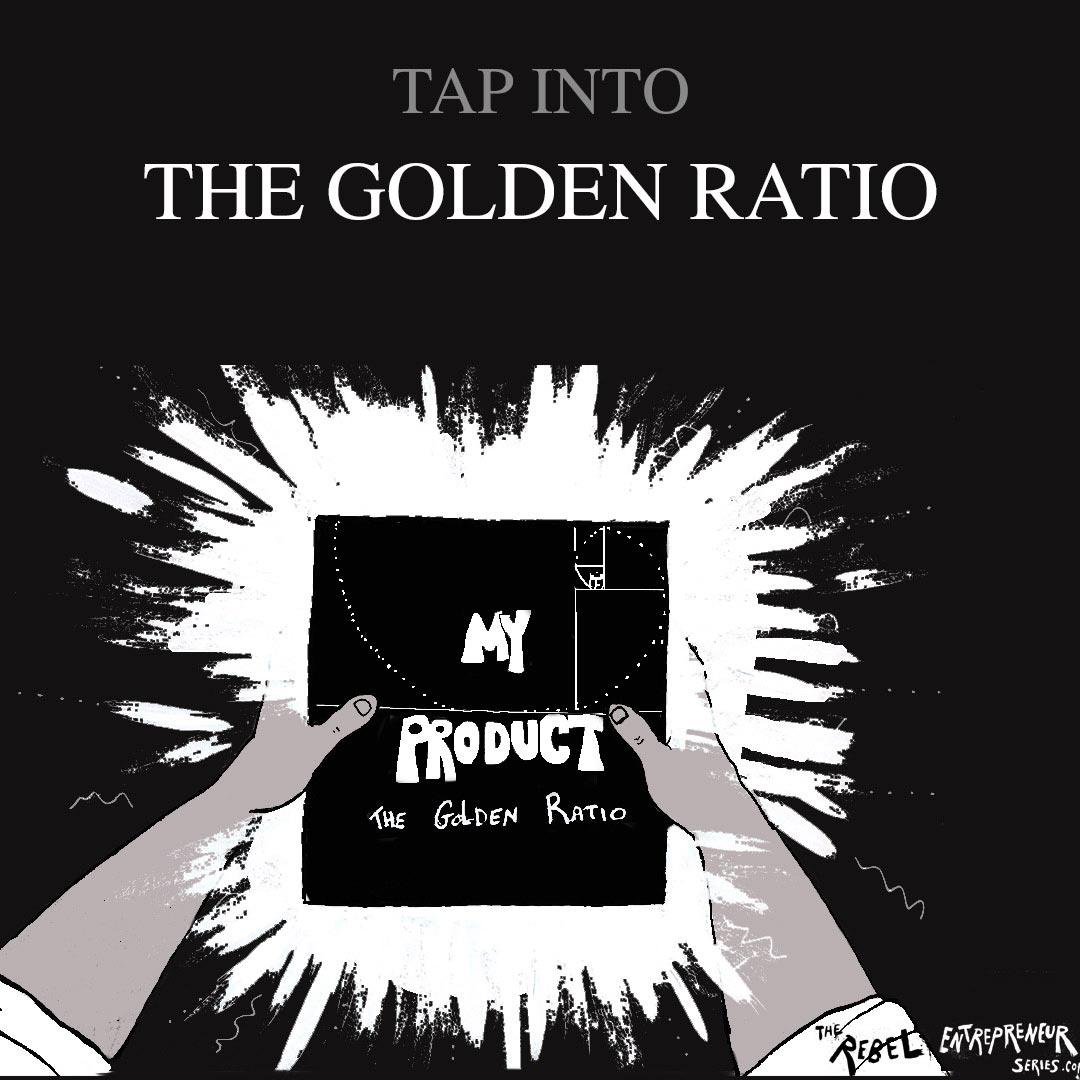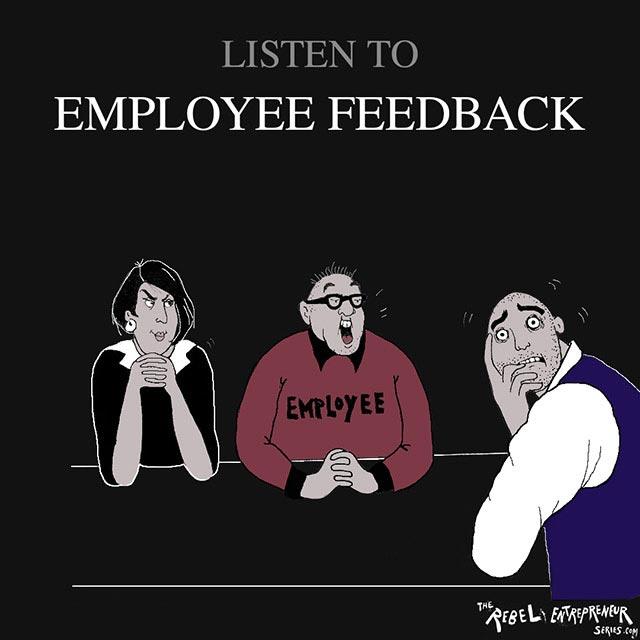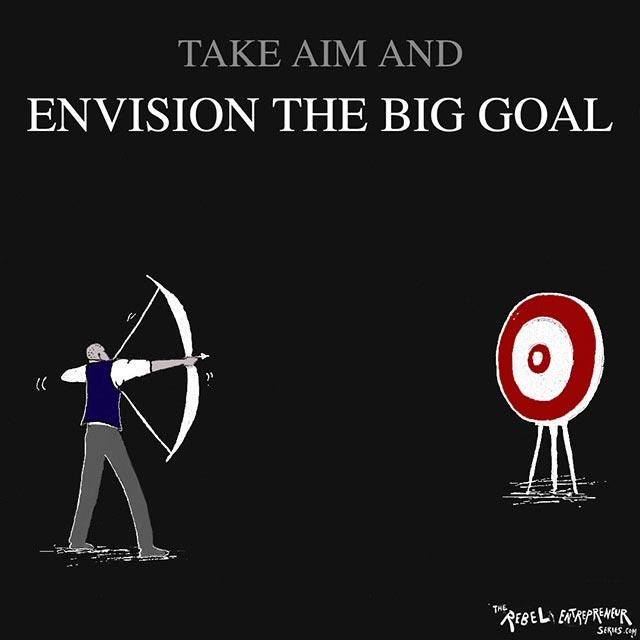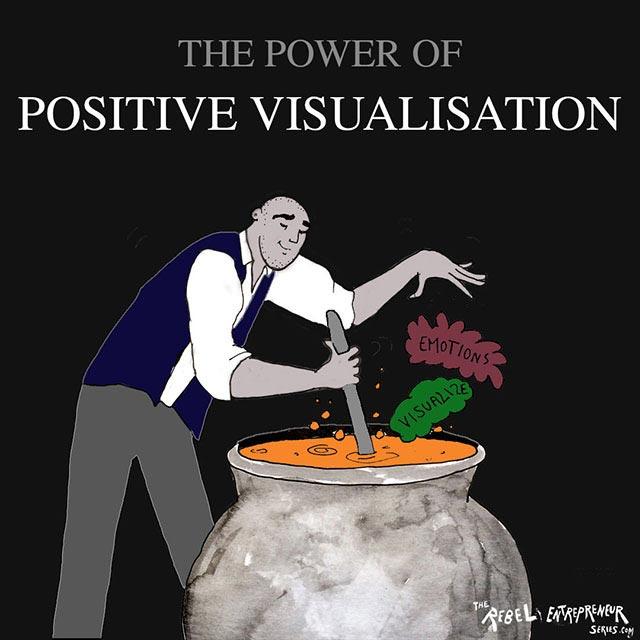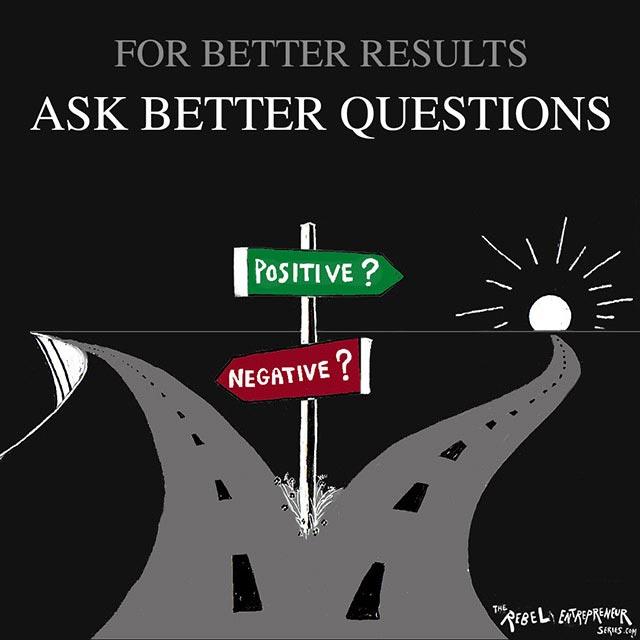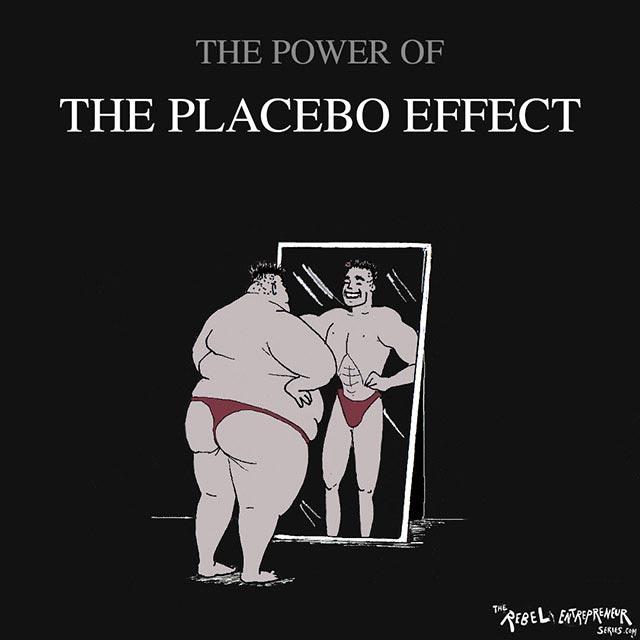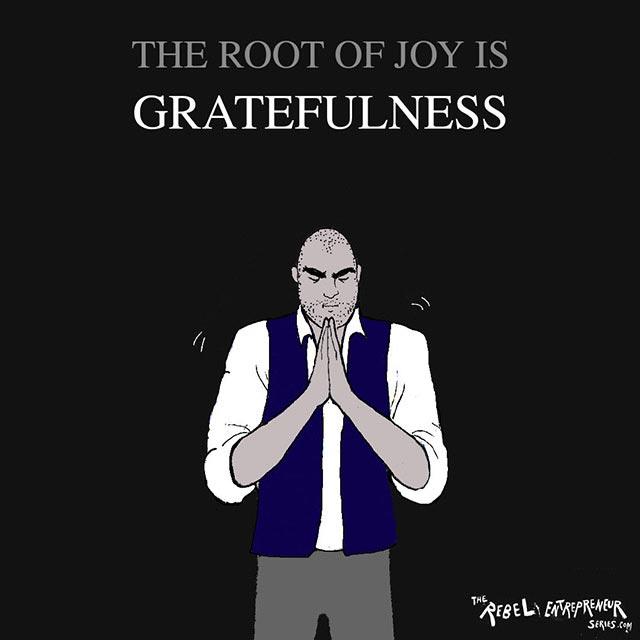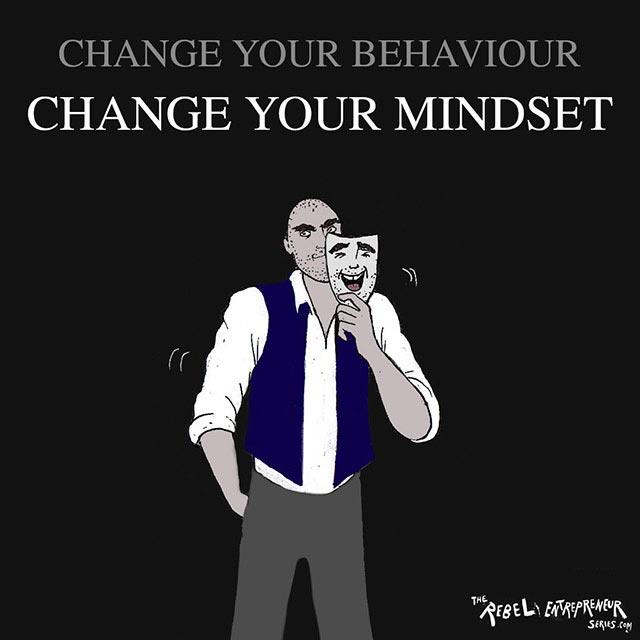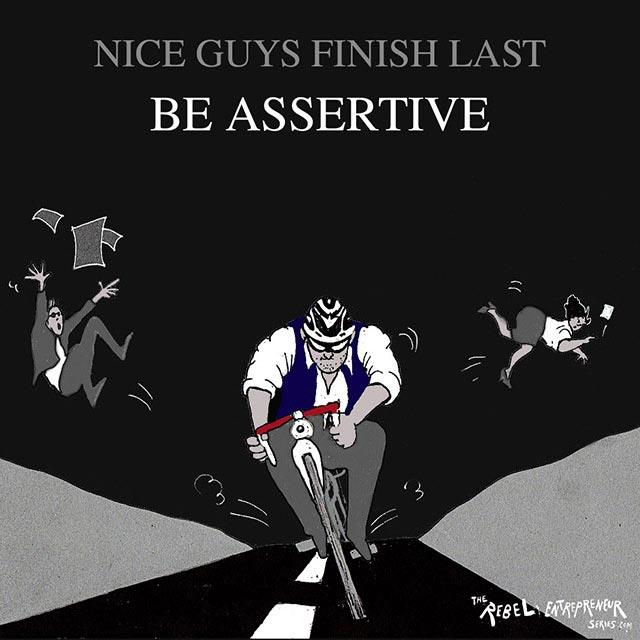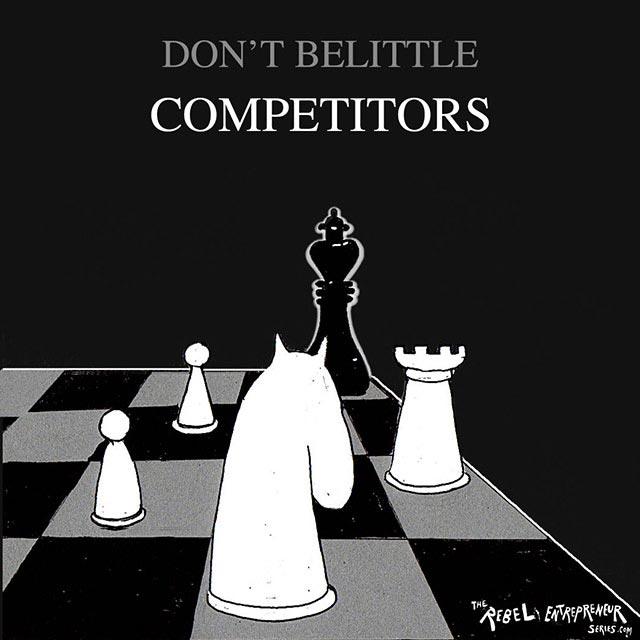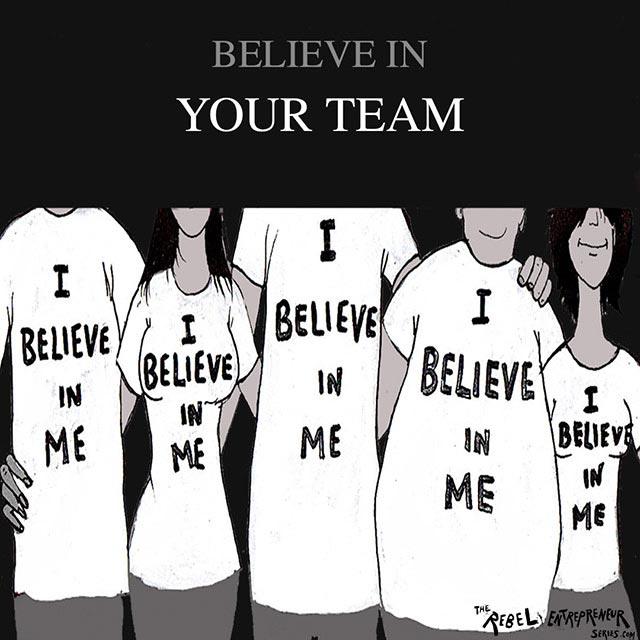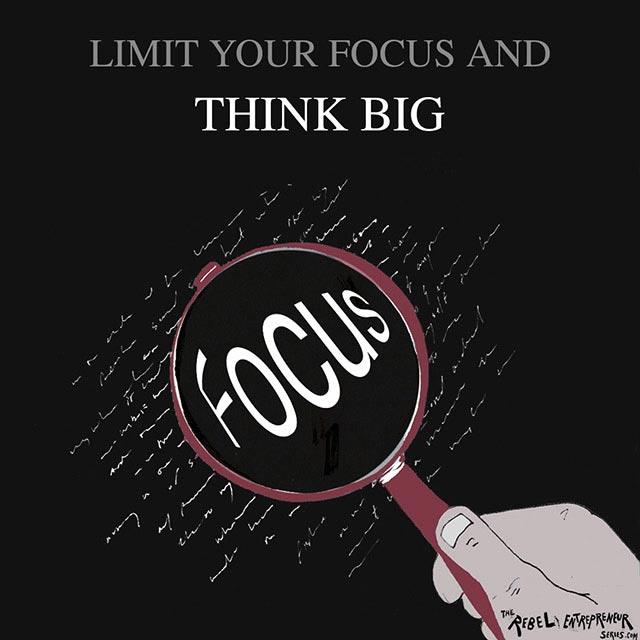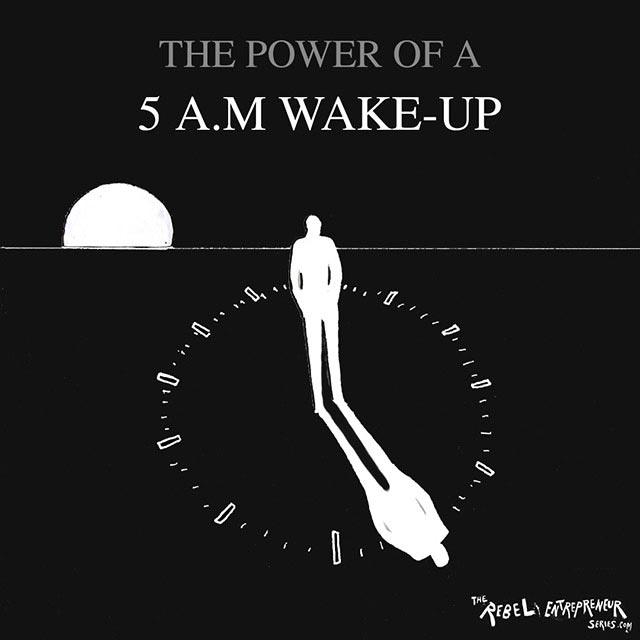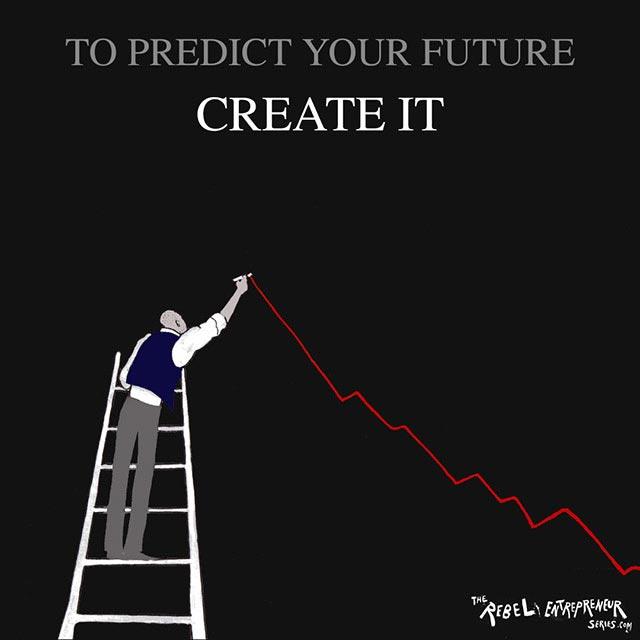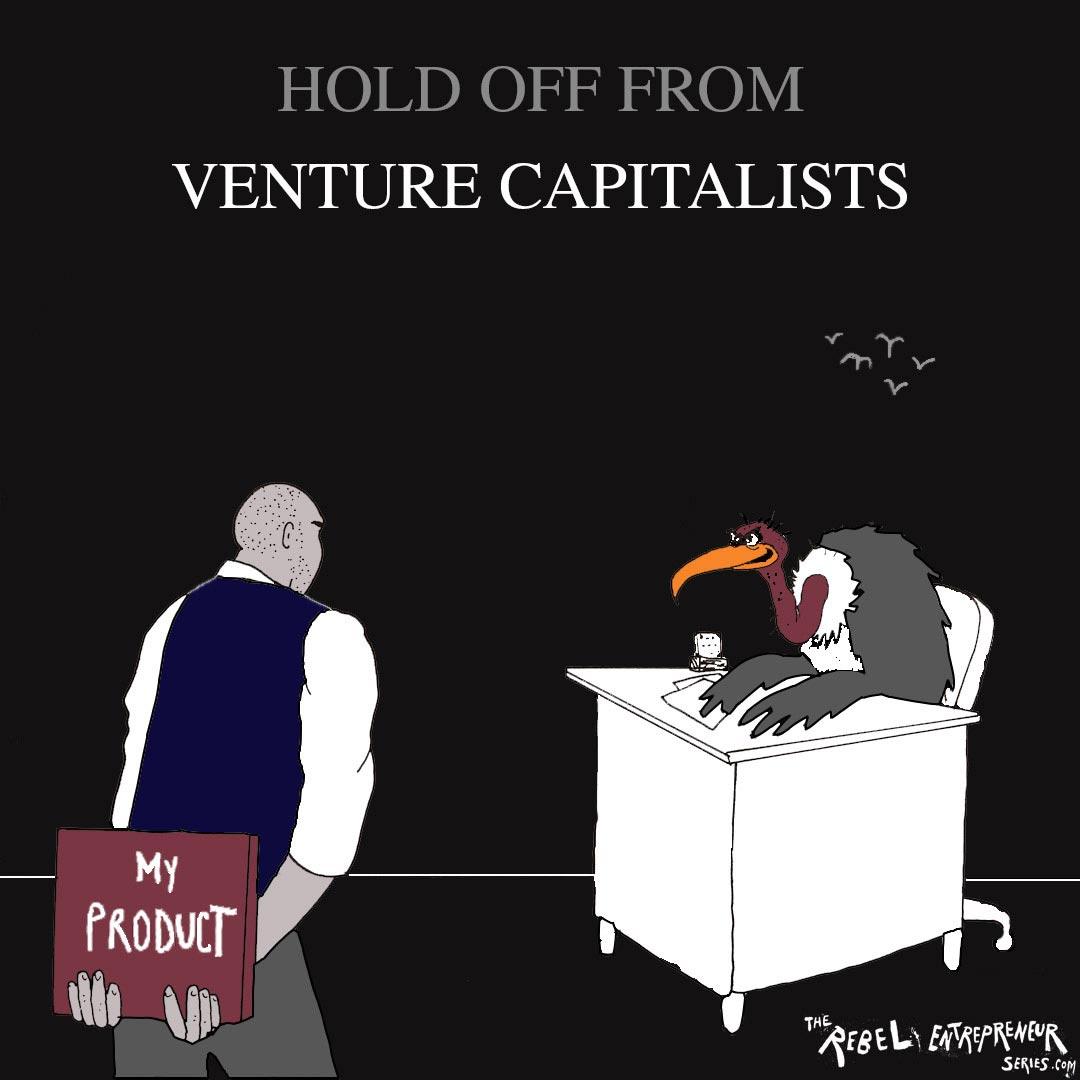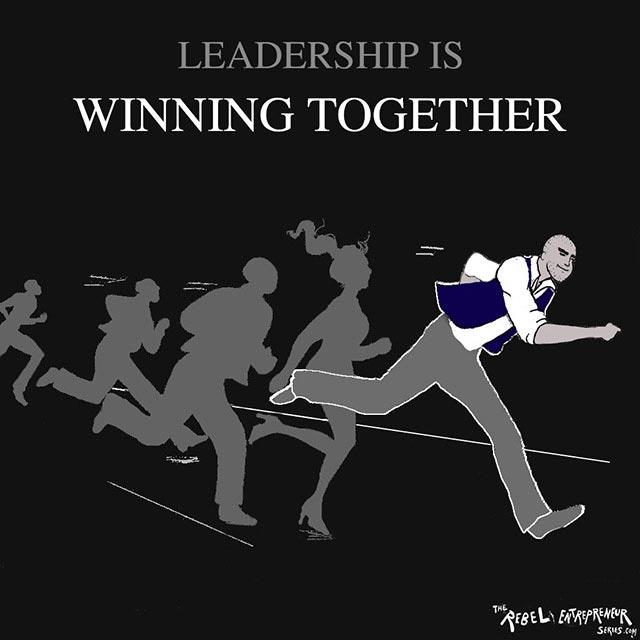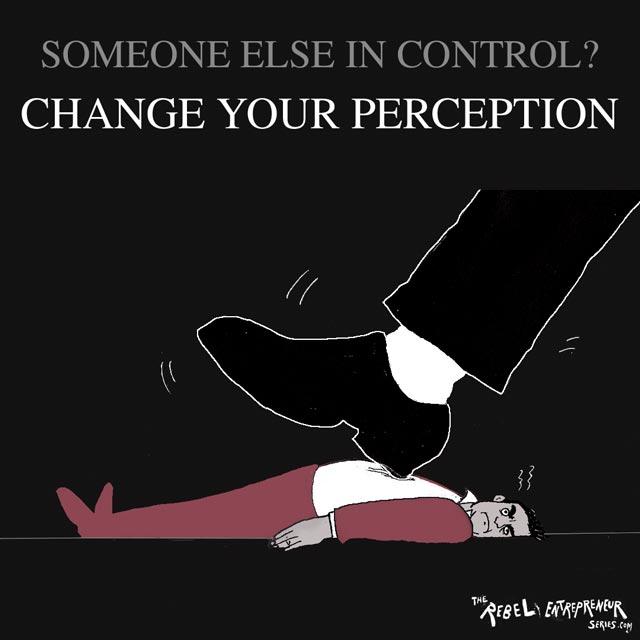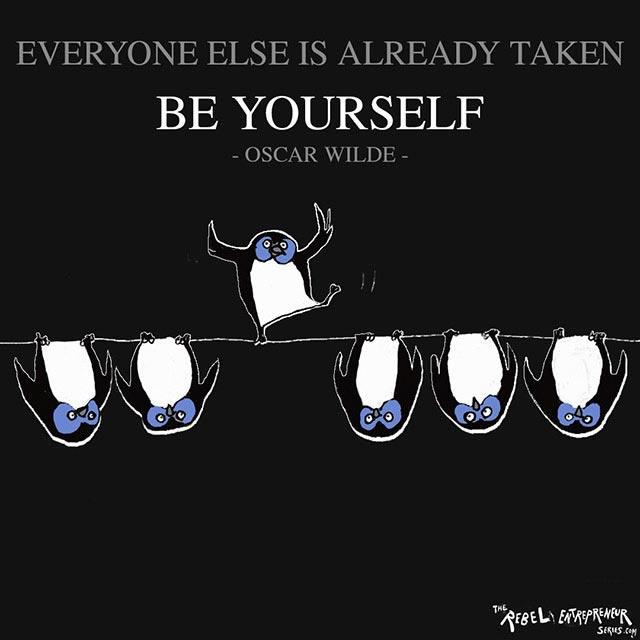Article 065: A goal should scare you a little and excite you a lot
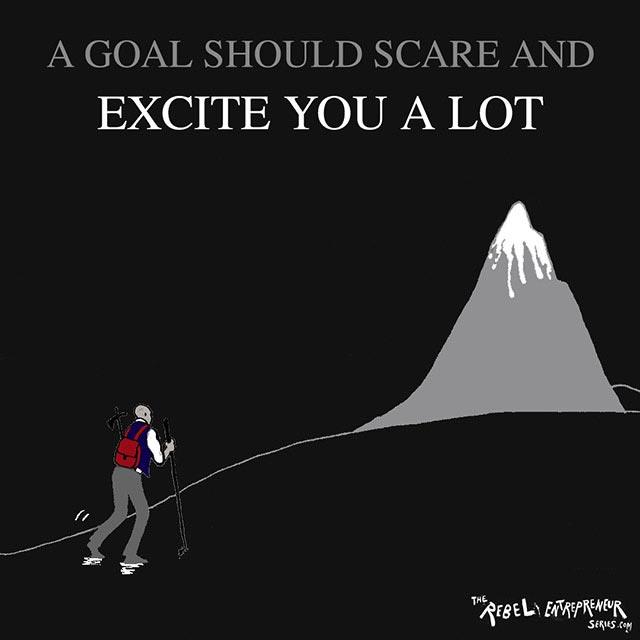
“A goal should scare you a little and excite you a lot.” – Dr Joe Vitale.
If your goal is too easy, it won’t excite you. Your goals have to balance impossibility and possibility so that they scare you a little but also get you excited about the future. You might feel like you may not reach them, but you also know that if you work really hard you can get there and this will excite you a lot.
When Sundar Pichai first launched Google Chrome in 2008, his objective was to have as many users as possible. This could only be achieved through short term key results. For 2008, Pichai set a target of 20 million weekly active users by the year’s end. They failed to meet the mark. For 2009, Pichai raised the key result to 50 million active users. Again – with only 38 million users – they didn’t reach the target. But Pichai was undeterred. For 2010 he proposed a key result of 100 million users. This time, Chrome hit the mark, and by the end of the year, the browser was being used regularly by 111 million people.
For Chrome, these key results were fundamental in allowing the browser to reach as many people as possible – the company’s ultimate objective. Today, Chrome is the most widely used web browser and has a 62% browser market share across all platforms.
Chrome was the prime example of the OKR (Objectives and Key Results) model. This model takes ‘impossible to achieve goals’, strikes a balance, and turns them into ‘we can achieve it’ goals. Pichai acknowledged that even when the team didn’t reach their goal, they had laid the foundation to break through the barrier another time. The measurable targets played a critical role as far as key results were concerned. Pichai said that these yearly targets equipped the team with direction and a barometer to measure their progress, providing them with “clear quantitative targets on the road to qualitative leaps”.
Being able to measure success is fundamental to its management, and with OKRs the rebel entrepreneur is given a framework to track their progress. They channel their passion, along with the knowledge that a loveable, simple product or service will scale, and the realisation of their goals becomes tangible. In order for Pichai to attract more users, Chrome needed to be loveable. The team honed in on emphasising the browser’s usability and simplicity while working to make it aesthetically pleasing.
Chrome’s goal to have so many users was based on Objectives and Key Results (OKRs). The targets seemed both impossible and possible to achieve, scaring the employees assigned the OKRs but also exciting them a lot.
PLEASE LIKE HERE
